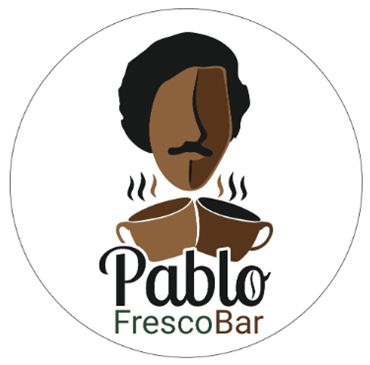An application for the PABLO ESCOBAR trade mark, designating multiple classes of goods and services, was recently barred from registration in the European Union, amidst concerns regarding morality and the public's perception of the mark in Spain.
The application was filed by Escobar Inc., the official holding company for Pablo Escobar, founded by his brother in Colombia in 1984. Currently, this entity is responsible for managing the assets of the Escobar family, including the protection and licensing of its intellectual property rights. This legal battle began after the application was rejected by the European Union Intellectual Property Office (EUIPO) in June 2022, which the trade mark applicant later appealed. The Fifth Board of Appeal dismissed this appeal in February 2023, after it ruled that the mark was contrary to public policy and the accepted principles of morality. Dissatisfied with this decision, the trade mark applicant applied for the annulment of the decision with a prayer for the EUIPO to pay the relevant costs.
The case turned on the public's perception of the name, Pablo Escobar, and whether its association with certain goods and/or services would be contrary to public policy and morality. On 17 April 2024, the General Court of the European Union handed down its decision, ultimately confirming that PABLO ESCOBAR did not meet the requirements for registrability as a trade mark. In reaching its decision, the General Court identified Spain as the "relevant public" to consider, given that the name, Pablo Escobar, still holds significance due to historical ties between Spain and Colombia. The Court, thus, rejected the trade mark applicant's argument that the name, Pablo Escobar, had achieved mythic status as it found that a significant segment of the Spanish public associate the name with images of drug trafficking, violence and criminality, outweighing any potential positive connotations associated with the name (such as claims to have helped the poor and destitute members of Colombian society). The fact that Mr Escobar had not been convicted under criminal law was also not a defence, as the public's perception still linked him to serious criminal activities affiliated with his leadership of the Medellin cartel.
Interestingly, a search of the EUIPO's records revealed the existence of a trade mark registration for the PABLO FRESCOBAR device mark, registered in Germany in classes 30, 40 and 43 in respect of "Coffee; Mixtures of coffee; Ground coffee; Roasted coffee beans; Coffee in whole-bean form", "Coffee roasting and processing; Coffee-grinding" and "Provision of food and drink", respectively. This mark, which is also registered in respect of another well-known Colombian export, was able to overcome hurdles during examination, and proceed to registration without any opposition or challenge.

If the trade mark applicant had chosen to file the application in South Africa instead, an important provision of our Trade Marks Act to consider would be section 10(12). This section provides that a mark may not be registered as a trade mark, or, if registered, may be liable for removal from the register if the mark is contra bonos mores or would be likely to give offence to any class of persons, inter alia.
In the event that the ground is not raised during examination already, our Act makes provision for any interested party either to oppose the application during the relevant period of advertisement, or to apply to remove the mark if it has already proceeded to registration (as a mark wrongly made and/or remaining on the register of trade marks).
Translated directly from Latin, the phrase "contra bonos mores" refers to anything which is against good morals or customs, although it has been interpreted to refer to anything which is contrary to the sense of justice of a community (as a term often cited in unlawful competition decisions). Morality is, of course, an inherently subjective concept, guided by the principles which govern a particular society. From a South African perspective, the highest guiding authority in our legal system is the Constitution, which enshrines many rights including human dignity, equality and freedom, which would form part of the consideration if a mark was to be challenged on this ground.
As there is currently no case law which confirms the test that our Courts would apply to measure the offence experienced by a class of people, it is likely that certain UK decisions would be considered (given the influence of English law on our own law). In a 2007 matter concerning the FCUK trade mark, the test applied by the Court was to determine whether the trade mark offended the beliefs, views or feelings of the "reasonable person" in the relevant class which claimed that offence had been caused. In this instance, the Court held that the intrinsic qualities of the mark did not render it objectionable as it was not "everyone's favourite" four-letter profanity, and so the generally accepted moral principle prohibiting obscenities did not apply to it.
In the Basic Trademark SA decision in the UK, in which the trade mark applicant sought to register the word mark JESUS in various classes, however, the mark was refused as its registration would cause greater offence than mere distaste to a significant section of the general public. As the Court remarked, this case is a good example of how "the power of a trade mark to produce a reaction inevitably varies according to the nature and intensity of the perceptions and recollections triggered by the relevant mark".
South Africa's history has no shortage of controversial figures, and it remains to be seen whether any marks will come under fire from an interested party, challenging the registration of a mark on these grounds.
The content of this article is intended to provide a general guide to the subject matter. Specialist advice should be sought about your specific circumstances.



